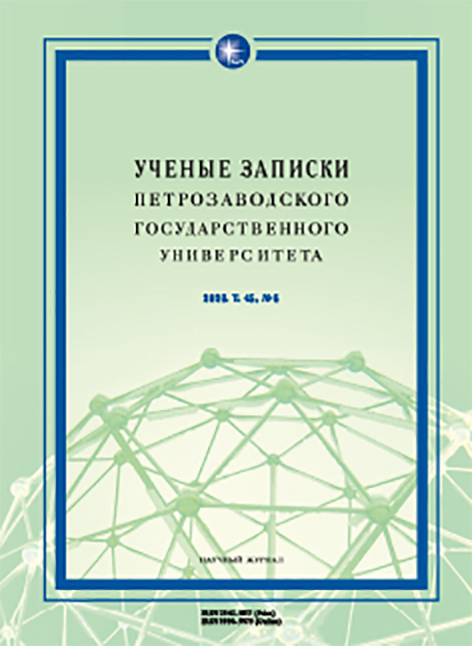ПРАГМАЛИНГВИСТИЧЕСКИЕ АСПЕКТЫ НЕГАТИВНОЙ ОЦЕНОЧНОСТИ В АНГЛОЯЗЫЧНОЙ СЕТЕВОЙ КИНОРЕЦЕНЗИИ
PRAGMALINGUISTIC ASPECTS OF NEGATIVE EVALUATION
IN ENGLISH-LANGUAGE ONLINE MOVIE REVIEWS
Author(s): O. R. GaliullinaSubject(s): Language and Literature Studies, Studies of Literature, Film / Cinema / Cinematography
Published by: Петрозаводский государственный университет
Keywords: pragmalinguistics; online movie review; evaluation; negative evaluation; category of graduality;
Summary/Abstract: Pragmalinguistics deals with the relationship between linguistic units and the conditions of their actualization in a specific communicative and functional context. Evaluation in the paradigm of the modern pragmatic approach is actualized at the junction of verbal communication and extralinguistic factors, which makes it one of the central categories of pragmalinguistic analysis. Evaluation is one of the genre-forming functions of film reviews. The purpose of this study is to examine the linguistic ways of transmitting negative evaluation in the English-language online film reviews in the totality of their pragmatic aspects. The analysis showed that negative evaluations in the absolute majority of cases are transmitted by emotionally expressive vocabulary with negative evaluative semantics. Emphatic constructions with negative evaluations are used by reviewers in order to focus on certain weak points of a movie, thereby creating the perlocutionary effect. It is also proved that in addition to the tendency to increase negative evaluation, there is also a tendency to mitigate it, which is due to the genre features of film reviews. The identified techniques of mitigation include assumptions and suggestions expressed by subordinate conditional sentences and the subjunctive mood, as well as the phenomenon of contrasting parts of a compound or complex sentence that contain opposite evaluations.
Journal: Ученые записки Петрозаводского государственного университета
- Issue Year: 45/2023
- Issue No: 6
- Page Range: 51-57
- Page Count: 7
- Language: Russian

